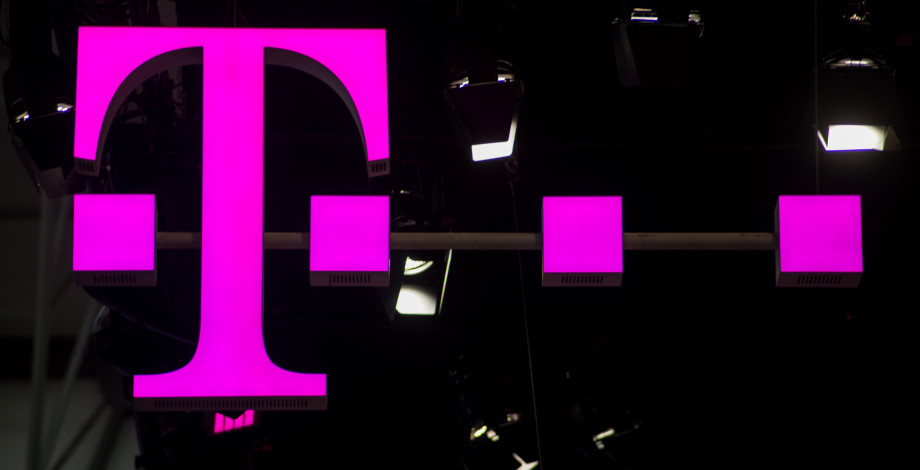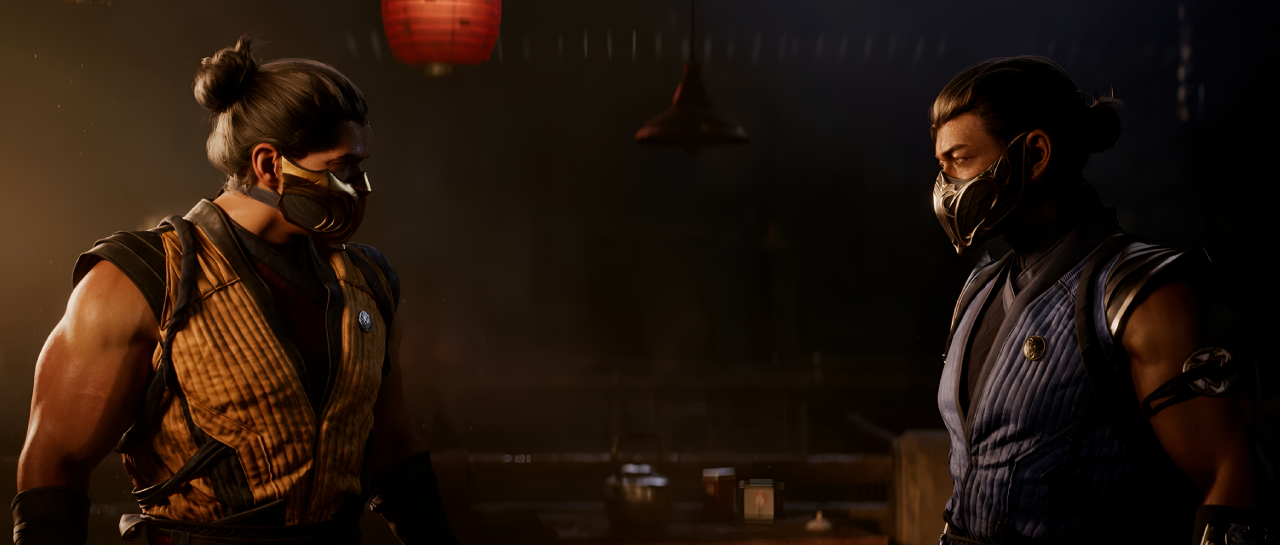When it launches on November 10, Xbox Series X will be the most powerful console the world has ever seen. One of the biggest benefits of all that power is giving developers the ability to make games that are Xbox Series X Optimized. This means that they’ve taken full advantage of the unique capabilities of Xbox Series X, both for new titles built natively using the Xbox Series X development environment as well as previously released titles that have been rebuilt specifically for the console. In our Inside Xbox Series X Optimized series, these creators will share the behind-the-scenes accounts of how they’re optimizing their titles for Xbox Series X and what that means for the future of gaming. Today, we chat with independent developer Tomas Sala about optimizing The Falconeer for Xbox Series X.
Q: What excites you most about developing and bringing The Falconeer to life on next-gen hardware?
A: So, I think what’s most interesting is how certain things which once required a lot of intense development become a lot more accessible. For instance, doing open world stuff because you have more performance and speed. As soon as I was able to bring The Falconeer to Xbox Series X, I just wanted to do more! You have so much more bandwidth.
The Great Ursee is an ocean world filled with ships and life, but until recently the harbours lacked any docked ships. Over the last few days I’ve been adding more and more ships to the harbours with absolutely no impact on the game’s performance, and that’s the sort of thing you can do with this new generation – richer worlds, with more detail and life. The extra performance on the next-generation Xbox and a high-end PC means developers can make worlds feel more alive.
Q: In addition to benefiting from the power and performance of Xbox Series X for quicker load times etc. what Xbox Series X features were you most excited to explore leveraging in the development of The Falconeer?
A: I think the answer is twofold. In my opinion I believe 60fps should be a foundational feature of the next generation. As a maker I don’t accept that 30fps is sufficient for action games with high-intensity gameplay, like you experience during dogfights in The Falconeer. Achieving 60fps on previous generations required compromises and sacrifices you won’t have to make next generation – sacrifices to AI, to visuals, to background simulation, to the scale of your open world, to levels of detail… 60fps is a must, and a huge benefit to players.
The other one is 4K… but also 6K and 8K! It’s funny, because when you look at a television, you can always tell you’re looking at a TV, because even on high-quality screens you can see pixels and jagged lines and stuff. But if I run a game at 6K or 8K I can pause the game and it’s like having a piece of art in your living room. It’s so crisp! I think that’s wonderful, and I think players will be blown away by the clarity and crispness of games at higher and higher resolutions.
Q: How will these enhancements impact a player’s experience with The Falconeer?
A: I think some people might just look at it and say, “It’s just prettier and faster,” but you have to think about what that does for the gameplay. The extra power and performance will make worlds so much more alive. Think about 60fps – a lot of people think they can’t even see the difference between 30fps and 60fps but when you ask them to focus on the details, they start to realise they’re noticing more. If something moves quickly across the screen at 30fps it’s like a blur, but at 60fps you can see all the details on it. It feels less like a game and becomes more tangible.
Q: Why did you choose to focus on 4K and 60fps for The Falconeer?
A: In The Falconeer I don’t use any textures because it makes the art very clean. There’s no grittiness or artifacts or blood-spatter on the screen. You can see the edges of the geometry and it has a very abstract look. I do it not because it’s simple but because it’s very clean and readable, and you can see how things are hand-crafted.
But that means there’s a lot of sharp lines and gradients, and that means there’s a lot of edges! The reason we try to avoid sharp edges in art design for games is because we used to play at 640p or 320p and hard edges would look jaggy and ugly, but now we’re up to 4K and beyond the edges become beautiful again! Artists and sculptors and painters have known for centuries that edges are beautiful things but as game developers we’ve been hating on them! But now the higher your resolution, the prettier the edges become, and the whole game looks like an illustration.
Q: How do you expect fans of The Falconeer will react to playing with these enhancements?
A: Playing on Xbox Series X or a very high-spec PC is the smoothest, crispest experience you can get with the most world detail. I think people won’t want to go back once they’ve experienced it. You will notice how much more tangible things get and how more ‘real’ everything feels. In the past you can see the micro-stutters and the pixels, but now we’ve finally arrived at that plateau where there’s no concessions any more.
Q: What is it like developing for Xbox Series X?
A: At the beginning of any development cycle for new generation of console platforms we never know how to get the best from the consoles. This time it’s so much more effortless. Things just work because you have the performance to do that. On previous generations a substantial chunk of your time was spent on questions like ‘I want this thing to happen… how can I use smoke and mirrors to make it happen?’ This time with the performance of the CPUs and GPUs in the new consoles it allows you to simulate reality in ways you weren’t able to before. You don’t have to use the smoke and mirrors, and I hope that will lead to new kinds of experiences. When things are easier for developers to do it will naturally lead to more experimentation and more evolution. Things are much more artistically free.
Q: What enhancements were you most excited about exploring on Xbox Series X?
A: The Xbox Series X comes with support for Dolby Atmos, and I think people underestimate the power of good audio and especially the power of surround sound. When people hear what Benedict Nichols – the composer on The Falconeer – has done with the music and sound effects to create unique soundspaces in The Falconeer I think they’ll be amazed. It helps you focus your attention and your aim, your situational awareness, and it creates a very different auditory experience.
Q: What does Smart Delivery mean for your game and how you’ll bring The Falconeer to fans?
A: I think it’s great that people can play the game on so many devices and how accessible it makes it. But more than that, I think it’s just fair. Of course I want people to buy The Falconeer so I can make more games – that’s how the world works – but I believe that once you’ve bought The Falconeer once you shouldn’t ever have to pay for it again. You’ve bought it, you own it and you can play it even after you upgrade your console. I believe that’s just fair. I think that’s what Microsoft is going for here and I think that makes the right value for the player.
Q: What does next generation development enable that you couldn’t have achieved with the current generation of consoles?
A: One of the ambitions I had was to run quite a complex simulation as the backbone of the world in The Falconeer – trading ships moving around, persistent fortresses that can be captured and rebuilt, lots of dynamic and living entities moving through the world. In game development the number of entities you can simulate in a world – along with things like their health and ammo and so on – has always been pretty limited. In most videogames things just stop being alive at a certain distance from the player; if they’re not on-screen they just cease to exist in the simulation, or some simplified simulation would take over. When you wanted a more complex simulation you would have to spend so much of your time optimising the simulation just to make it perform. I think that’s something the new generation offers – more complex enemies and ecologies filled with creatures and enemies all exhibiting more interesting behaviours. The big advantage I think will be in open-world games, where we can stop using smoke and mirrors to create an illusion for players, and focus on building more simulated worlds.













